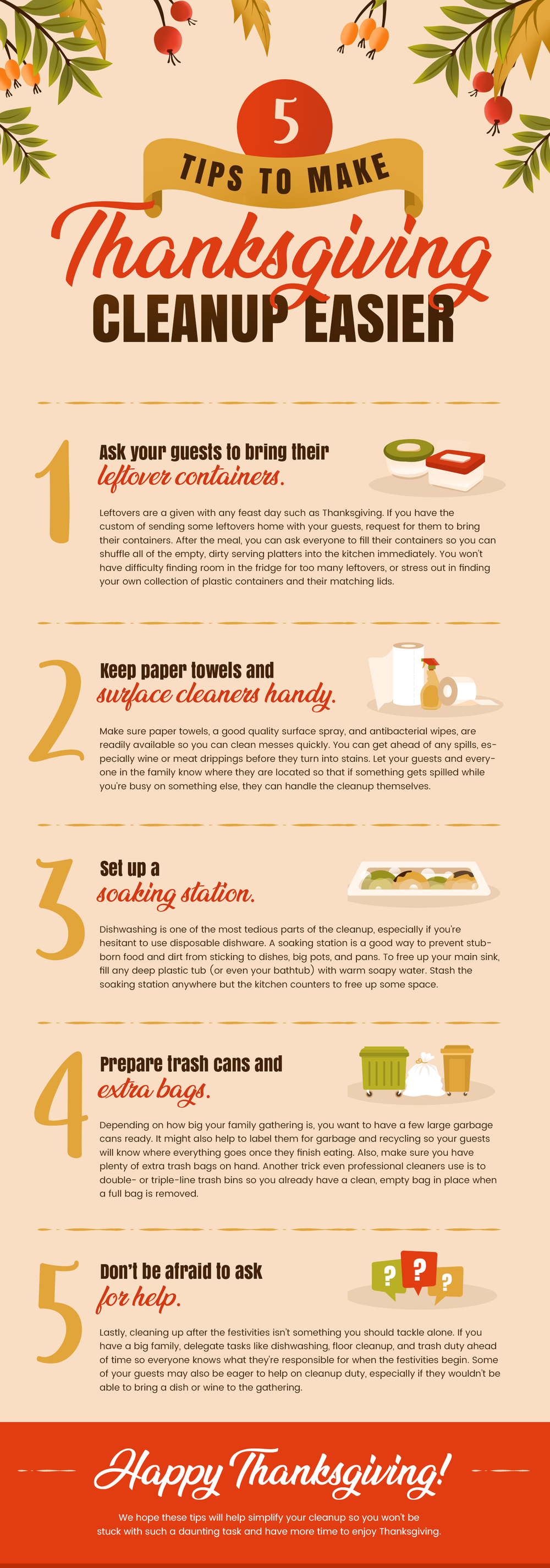First-Time Home Buyers
If you are a first-time home buyer, use the guide below for helpful hints and tips and learn how to avoid common mistakes when buying your first home in St Louis, Missouri.
• Pre-Qualification: Meet with a mortgage broker and find out how much you can afford to pay for a home.
• Pre-Approval: While knowing how much you can afford is the first step, sellers will be much more receptive to potential buyers who have been pre-approved. You'll also avoid being disappointed when going after homes that are out of your price range. With Pre-Approval, the buyer actually applies for a mortgage and receives a commitment in writing from a lender. This way, assuming the home you're interested in is at or under the amount you are pre-qualified for, the seller knows immediately that you are a serious buyer for that property. Costs for pre-approval are generally nominal and lenders will usually permit you to pay them when you close your loan.
• List of Needs & Wants: Make 2 lists. The first should include items you must have (i.e., the number of bedrooms you need for the size of your family, a one-story house if accessibility is a factor, etc.). The second list is your wishes - things you would like to have (pool, den, etc.) but that are not absolutely necessary. Realistically for first-time buyers, you probably will not get everything on your wish list, but it will keep you on track for what you are looking for.
• Representation by a Professional: Consider hiring your own real estate agent, one who is working for you, the buyer, not the seller.
• Focus & Organization: In a convenient location, keep handy the items that will assist you in maximizing your home search efforts. Such items may include:
1. One or more detailed maps with your areas of interest highlighted.
2. A list or file of the properties that your agent has shown to you.
3. Paper and pen for taking notes as you search.
4. A camera to snap pictures of homes you have toured to help you remember your favorites and features you really liked.
• Visualize the house empty & with your decor: Are the rooms laid out to fit your needs? Is there enough light?
• Be Objective: Instead of thinking with your heart when you find a home, think with your head. Does this home really meet your needs? There are many houses on the market, so don't make a hurried decision that you may regret later.
• Be Thorough: A few extra dollars well spent now may save you big expenses in the long run. Don't forget such essentials as:
1. Include inspection & mortgage contingencies in your written offer.
2. Have the property inspected by a professional inspector.
3. Request a second walk-through to take place within 24 hours of closing.
4. You want to check to see that no changes have been made that were not agreed on (i.e., a nice chandelier that you assumed came with the sale having been replaced by a cheap ceiling light).
All the above may seem rather overwhelming. That is why having a professional represent you and keep track of all the details for you is highly recommended. Please contact us directly to discuss any of these matters in further detail.



